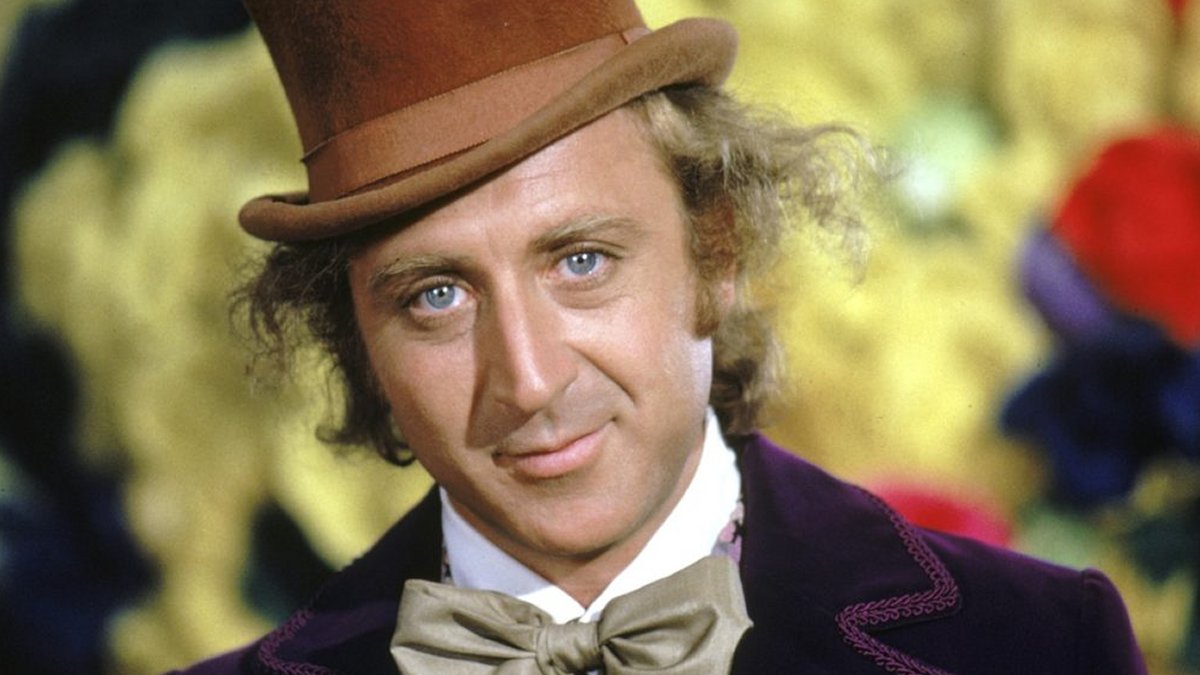Roald Dahl Museum Releases New Statement Condemning Author’s Antisemitism

Roald Dahl’s stories are still very popular among children and adults alike. This year Wonka, based on Dahl’s Charlie and the Chocolate Factory, will hit theaters and most likely draw in huge crowds. Netflix is also releasing its own batch of Dahl adaptions with some big names attached.
And yet we still deal with the elephant in the chocolate room: Dahl was a huge antisemite. He had some baffling and truly cruel opinions about Jews, stating in a 1983 New Statesman interview, “There is a trait in the Jewish character that does provoke animosity, maybe it’s a kind of lack of generosity towards non-Jews. I mean, there’s always a reason why anti-anything crops up anywhere. Even a stinker like Hitler didn’t just pick on them for no reason.”
This is something that (rightly) bothered his family and descendants enough for them to release a statement, via the official Roald Dahl website, in 2020. It read in part: “These prejudiced remarks are incomprehensible to us and stand in marked contrast to the man we knew and to the values at the heart of Roald Dahl’s stories, which have positively impacted young people for generations.”
The Roald Dahl Museum has followed suit
The Roald Dahl Museum, based in Dahl’s home village, this week posted a substantial statement on their website and welcome area, unequivocally condemning the late author’s views. They sought advice from multiple Jewish organizations before they did so. Their statement begins:
The Roald Dahl Museum and Story Centre is a charity which uses our collection and location to reveal Roald Dahl’s creative craft and help our visitors explore the possibility of their own creativity: we believe everyone is a storymaker.
We are working to be more welcoming to all who might wish to visit in person or online, by reflecting the visible diversity of our audiences in our marketing, by running accessible and inclusive recruitment campaigns for staff or trustee positions, by training our people to better understand and welcome everyone, equitably. We are working hard to do better and know we have more to do.
We do not repeat Dahl’s antisemitic statements publicly, but we do keep a record of what he wrote and said in the Museum’s collection, so it is not forgotten.
The museum also stated what steps they were taking to combat antisemitism and “make further contributions towards combating hate and prejudice.” This includes the development of resources for PHSE (Personal, Social, and Health Education) and Citizenship classes in British schools.
“Roald Dahl’s racism is undeniable and indelible but what we hope can also endure is the potential of Dahl’s creative legacy to do some good,” the statement ended. And the website does indeed include a page where these resources will shortly be downloadable, “in autumn 2023 once final field testing has been completed by teachers.” The museum also notes, “The resources have been made possible by donations from a Dahl family trust which was established to combat antisemitism and racism.”
It’s a good statement and it’s good they’re putting in the work. It’s only fairly recently, it seems, that people have really begun to discuss the pain Dahl caused with his prejudice.
Dahl always stood by his antisemitic comments
After the Wonka trailer dropped last week, the half-Jewish man who conducted the 1983 interview with Dahl wrote a piece for i News about the author’s “unapologetic” antisemitism and his own “ambivalence” towards Dahl’s work. Michael Coren recollected that after Dahl’s “trait in the Jewish character” comment he went on a spiel about how he didn’t witness any Jewish men fighting in the Second World War. On hearing this easily disprovable statement, Coren reacted:
As soon as he paused, I told him—I think calmly—that I was half-Jewish, that my Jewish grandfather had won numerous medals in North Africa and was wounded in Italy, that Jews were strongly represented in all the Allied armies, and that what he had said was ill-informed and foolish. The interview was promptly concluded, with a parting and hurried comment about “sticking together”.
I reported all of this in my article, but there was never an apology, an attempt at explanation, or any sort of denial.
As another half-Jew whose Jewish grandfather fought in World War II, I also have a sense of ambivalence about Dahl’s books. (I prefer the movie adaptions, mostly because of the sense of Schadenfreude I get knowing that so many of his most iconic characters have either been played by Jewish people or featured in films directed by them.) So it’s good to see a conversation finally happening, and that people are disowning the statements Dahl himself was seemingly so proud of.
(featured image: Paramount)
Have a tip we should know? tips@themarysue.com